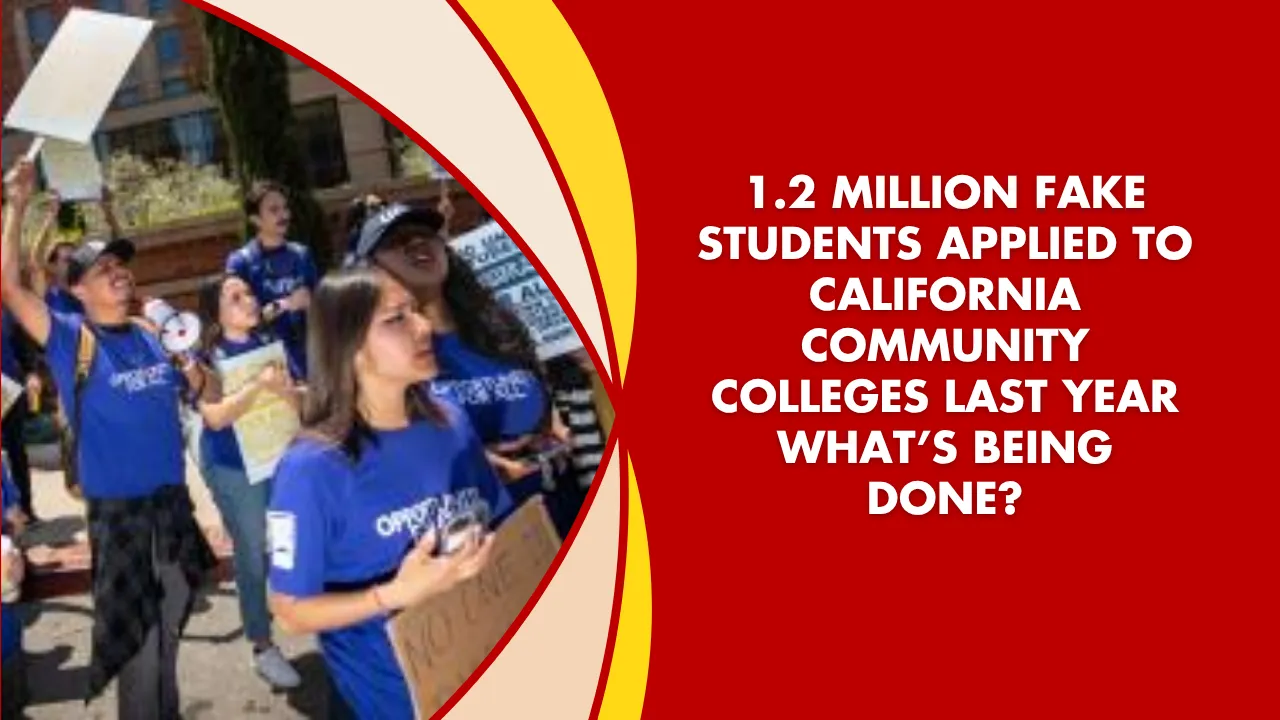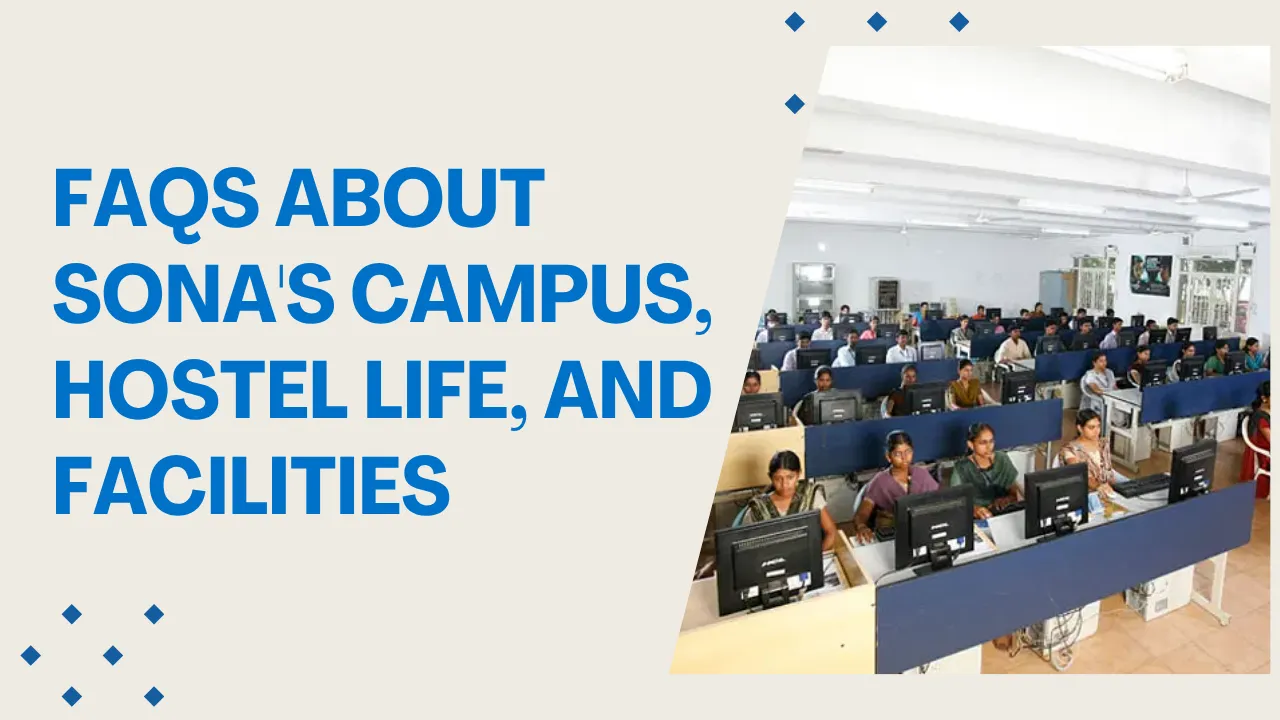Are you wondering how you can receive $727 per month in Old Age Security (OAS) benefits for 2025? Whether you’re approaching retirement or just getting familiar with Canada’s senior benefits, this guide will make everything clear. From how OAS works to when you’ll get paid, we’ll break it all down in a way that’s easy to understand and genuinely useful.
Let’s walk through how to qualify, when the payments arrive, and how to maximize this benefit as part of your retirement plan.
What Is OAS
The Old Age Security (OAS) program is one of the foundations of Canada’s public retirement system. It offers monthly financial support to Canadians aged 65 and older—regardless of their employment history.
Unlike CPP, which depends on how much you’ve contributed through work, OAS is funded by general tax revenue. So, as long as you meet age and residency requirements, you can receive this benefit even if you’ve never worked.
In 2025, Canadians aged 65–74 will receive about $727.67 per month, subject to quarterly inflation adjustments.
How It Works
Let’s keep this simple.
- Automatic Enrollment: Many people are automatically enrolled when they turn 65. If you don’t get a letter from Service Canada, you’ll need to apply.
- Quarterly Adjustments: Payments are reviewed every three months and adjusted based on inflation.
- Extra Support: If you’re a low-income senior, the Guaranteed Income Supplement (GIS) can top up your OAS.
Eligibility
To receive OAS benefits in 2025, you must:
- Be 65 years or older
- Be a Canadian citizen or legal resident
- Have lived in Canada for at least 10 years after turning 18
To get the full benefit (the full $727.67), you must have lived in Canada for at least 40 years after turning 18.
If you’ve lived in Canada for fewer than 40 years, your payment will be reduced proportionally. For example, 30 years of residency equals 75% of the full benefit.
Example Calculation
Let’s say you turned 65 in January 2025 and have lived in Canada for 38 years since turning 18.
Prorated Benefit = (38 ÷ 40) × $727.67 ≈ $691.04/month
So, you’d still get a substantial amount even if you don’t qualify for the full benefit.
Income Limits
OAS is not income-tested, but if your income exceeds a certain threshold, the OAS Recovery Tax (or clawback) may reduce your benefit.
- In 2023, the clawback began if your annual income exceeded $86,912.
- For 2025, that threshold will be higher, likely above $90,000.
If your income is under $142,609, you’ll still receive most or all of your OAS payments.
Payment Dates
Here’s when you can expect your OAS payments in 2025:
| Month | Payment Date |
|---|---|
| January | January 29 |
| February | February 26 |
| March | March 27 |
| April | April 28 |
| May | May 28 |
| June | June 26 |
| July | July 29 |
| August | August 27 |
| September | September 25 |
| October | October 29 |
| November | November 26 |
| December | December 22 |
Tip: Use direct deposit to get your payment on time—no delays, no lost cheques.
How To Apply
If you weren’t automatically enrolled, you’ll need to apply. Here’s how:
- Check your eligibility using the Canada.ca website.
- Gather your documents: proof of birth, residency history, and SIN.
- Apply online using your My Service Canada Account, or
- Apply by mail using the OAS application form.
- Set up direct deposit for fast, secure payments.
- Track your application status in your MSCA dashboard.
GIS
Low-income seniors can get more help through the Guaranteed Income Supplement (GIS)—a non-taxable monthly benefit added to your OAS.
If your income is below:
- $21,456 for a single senior
- $28,320 combined for couples
You might qualify for GIS. Apply through Service Canada, or it may be added automatically once your tax return is assessed.
Myths
Let’s bust a few common OAS myths:
Myth 1: You need a job history to qualify
Fact: OAS is not based on employment—it’s based on age and residency.
Myth 2: You’ll always get the full $727
Fact: You only get the full benefit if you’ve lived in Canada for 40+ years after age 18.
Myth 3: OAS is tax-free
Fact: OAS is taxable, and high-income earners may owe some back.
Tips
- File taxes every year: Even if you don’t owe, your GIS eligibility depends on it.
- Track your payments: Use CRA’s or Service Canada’s app or online portal.
- Update your information: If you move or change banking details, let Service Canada know.
- Plan your retirement income: Combine OAS with CPP, RRSP, and other sources.
OAS won’t make you rich, but it can be a solid foundation for retirement. With $727 a month (or more, with GIS), plus CPP and personal savings, you can enjoy your golden years with confidence.
FAQs
How much is OAS in 2025?
Around $727.67 per month for seniors aged 65–74.
Who qualifies for full OAS?
Those aged 65+ who lived in Canada for 40+ years after age 18.
Is OAS taxable income?
Yes, OAS must be reported on your tax return.
Can I get GIS with OAS?
Yes, low-income seniors may qualify for the GIS top-up.
Do I need to apply for OAS?
If not automatically enrolled, you must apply through Service Canada.
















